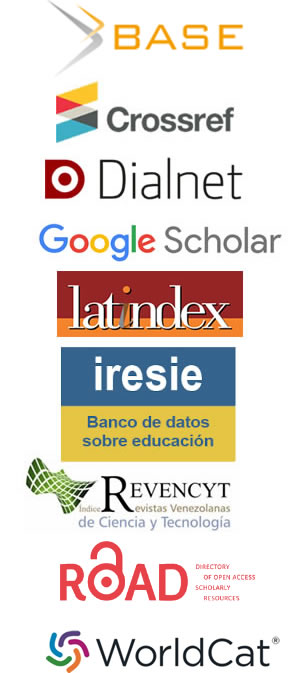University contributions towards access to justice through rights in health area and towards sustainable development
Abstract
This article aims to analyze the performance of Higher Education Institutions (HEI) in achieving the Sustainable Development Goals (SDG), by analyzing the experience of the Federal University of Minas Gerais (UFMG) in Brazil with the development of extension and research actions for the effective access to justice on relations in health area. University actions focused on the investigation of dialogical methodologies, especially mediation, as a means to promote access to justice in the health area and effectuation of the right to health. These actions involved theoretical research, including doctrinal, legislative and comparative research, and field research, through participation in hospital multiprofessional meetings and interviews with health institution professionals. Through the university actions carried out, it was found the possibility of effective access to justice by means of rights in health. Through the inclusion of mediation procedures and practices in health services, it was identified that mediation is a capable way to strengthen and expand participation and the effectuation of rights, contributing to the concreteness of SDG 16. These practices and the results achieved evinced the crucial role of the HEI and the university in achieving the SDG.
Copyright notice
Copyright allows the protection of original material, and curbs the use of others' work without permission. UNESCO IESALC adheres to Creative Commons licenses in the open access publication of ESS. Specifically, texts published in this journal are subject to a Creative Commons Attribution-NonCommercial 4.0 International (CC BY-NC 4.0) license: ESS is an open access journal, which means that all content is freely available to the user or their institution. Users may read, download, copy, distribute, print, search or link to the full text of the articles, or use them for any other lawful purpose, without asking prior permission from the publisher or the author, always making sure to cite the author. Commercial use is not permitted. ESS requires authors to accept the Copyright Notice as part of the submission process. Authors retain all rights.
The full license can be found at https://creativecommons.org/licenses/by-nc/4.0/
 Attribution - NonCommercial (CC BY-NC 4.0)
Attribution - NonCommercial (CC BY-NC 4.0)
This journal does not charge authors for the submission or processing of articles. The authors of the contributions will receive acknowledgment of receipt that the work has reached the Editorial Team of the Journal.





